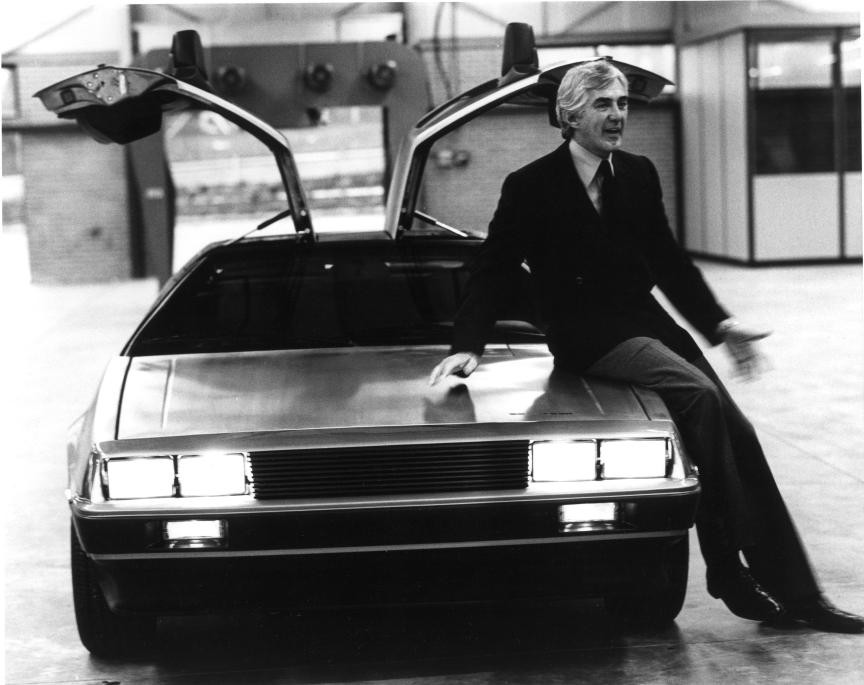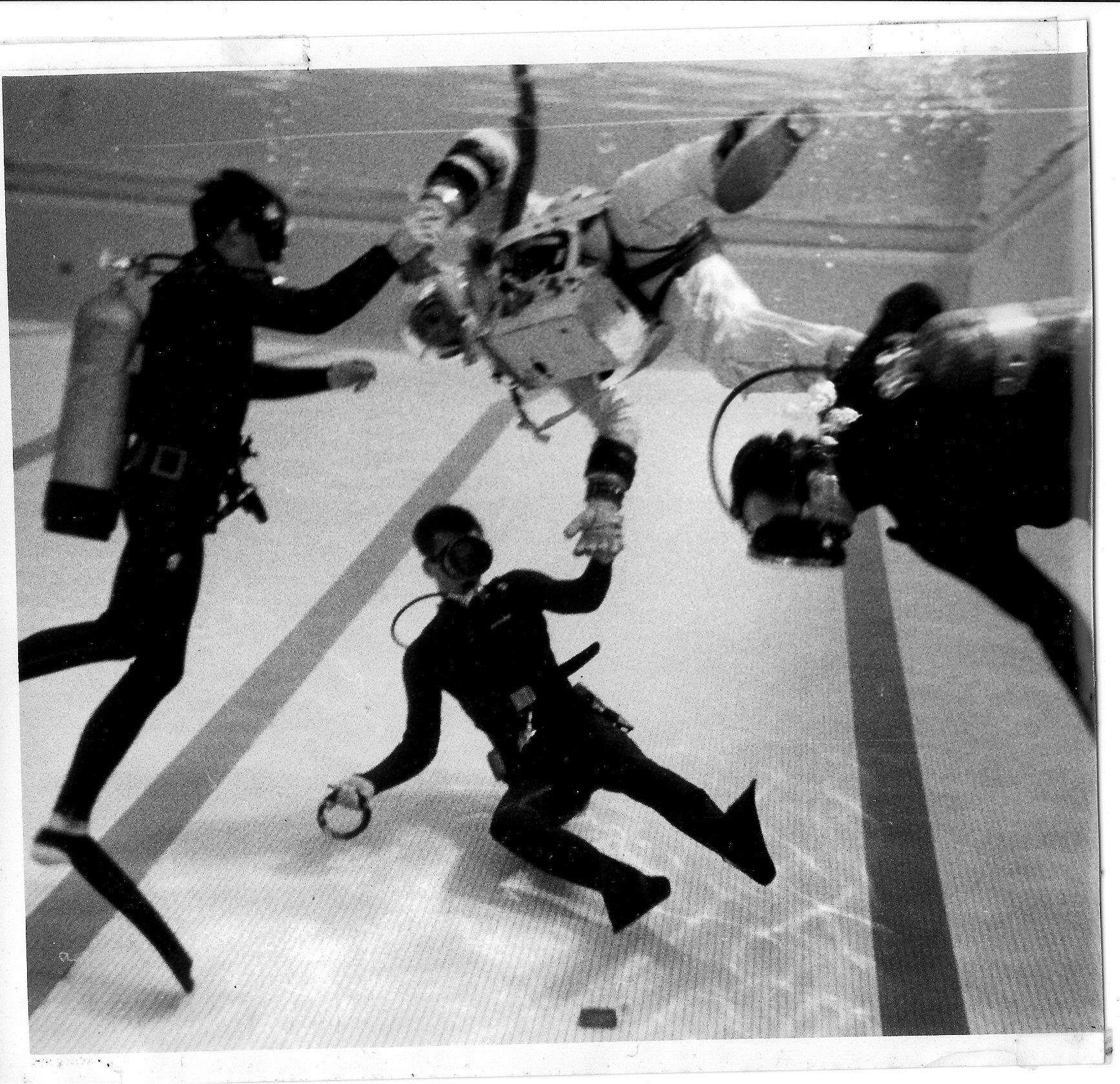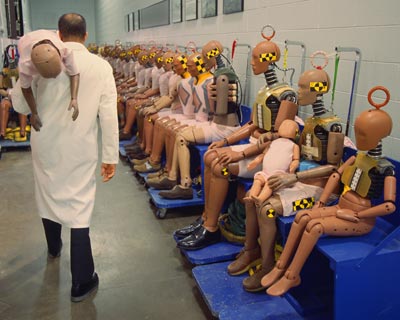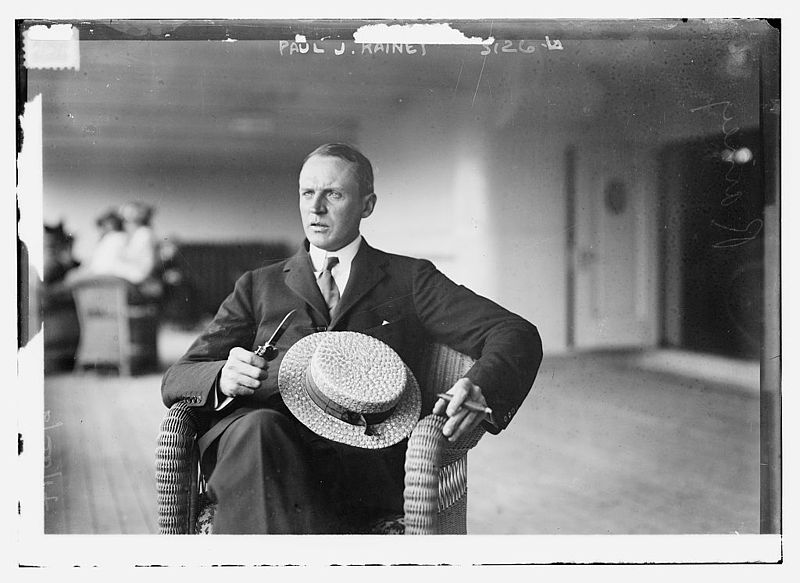
Robert Costa, the National Review editor who was interviewed by Ezra Klein about the government shutdown, just did an Ask Me Anything at Reddit on the same topic. A few exchanges follow.
______________________________
Question:
How long should we expect this to last and how will it affect my average day?
Robert Costa:
Anywhere from 1-2 weeks, but always remember, the situation is very fluid and a few key variables (Boehner buckling, Senate Democrats becoming divided) could quickly move the debate in a certain direction and break the logjam. If it does last 2 weeks, the talks will likely be folded into negotiations on the debt limit, which is set for Oct. 17. The standoff affects your day if you work or interact with the federal government in any way. Some parts of the government have been shuttered, while others are open, but with limited operations.
______________________________
Question:
If Boehner were to crack under the pressure, will there be a call for him to resign as speaker by the 30-40 hardliners you’ve written about?
RobertCosta:
I don’t think it’d be so much about whether he’d resign, but whether he could convince his conference to go along with him as he attempts to craft a larger bargain with Democrats on the debt limit. As I wrote about last night, unity within the conference is Boehner’s first and most important objective. Since the House GOP has such fragile internal politics, he spends a lot of time shoring that up. And because he knows he has a limited hand, I doubt he “cracks,” but he’s certainly trying to navigate through this while 1) keeping GOP members together, and 2) making sure the GOP isn’t totally blamed.
______________________________
Question:
If the shutdown lasts for 2 weeks and the debt ceiling gets tied into negotiations what percentage of the Republican House caucus understands how catastrophic a default would be?
Robert Costa:
Most of the conference is well aware of the consequences of default. In fact, over the past few years, the House GOP leadership has actually hosted private meetings for members about what default means and why it shouldn’t happen. But, at the same time, Republicans are very eager to get some kind of 2011-esque concession from the White House and Senate Democrats on the budget, when they were able to pass legislation that led to sequestration. Of course, the political climate then was different, due to the GOP having recently won the House, but the GOP is hoping for a similar outcome this time, and you have leaders like Paul Ryan publicly talking about a larger agreement being possible. I’m still skeptical though, since most Republicans are unwilling, at all, to bend on taxes, and Democrats aren’t exactly scrambling to cut a big deal with Boehner, who they think is in a weakened position.
______________________________
Question:
Republicans won’t be affected by this though since most of them are in secure districts after recent gerrymandering. Nothing will really change until after 2020 when the next Census occurs IMHO. From listening to the news, only one Republican representative is in a district currently deemed a toss-up in the 2014 elections, everyone else is secure.
If you watch Fox News they’re actually spinning the shut down as a good thing and pro-Republican viewers tend to watch that channel for their news. Fox was just saying this morning “Wow, only 6% of the EPA workers are deemed essential and at work today, that really shows we could cut the other 94% and save the government money.” I wanted to punch my TV.
Robert Costa:
Republicans will be affected in a big picture sense: they may feel the burn next November during the midterms. But you’re right-for many House Rs and Senate Rs who come from deep-red areas, the pressure isn’t to come to the center, but to hold firm on the right and battle for concessions that during most divided gov’t eras would never seem plausible. But because the conservative movement has become such a strong force within the GOP, the expectations are stoked daily about what is achievable, and this creates major problems for the leadership in both chambers. They’re constantly pushing back against the idea that they’re “not doing enough” for the cause or conceding too much ground.•

































